Google Stops Making Augmented Reality Glasses: The End of an Era?
Imagine a world where your imagination can seamlessly blend with reality. A world where you can visualize things that were once impossible to see. This was the promise of augmented reality (AR), and for a while, it seemed like the future had arrived. However, recent news suggests that Google, one of the major players in the AR space, has made the surprising decision to halt the production of augmented reality glasses. Is this the end of an era for AR technology? Let’s delve into the details.
A Brief History of Augmented Reality
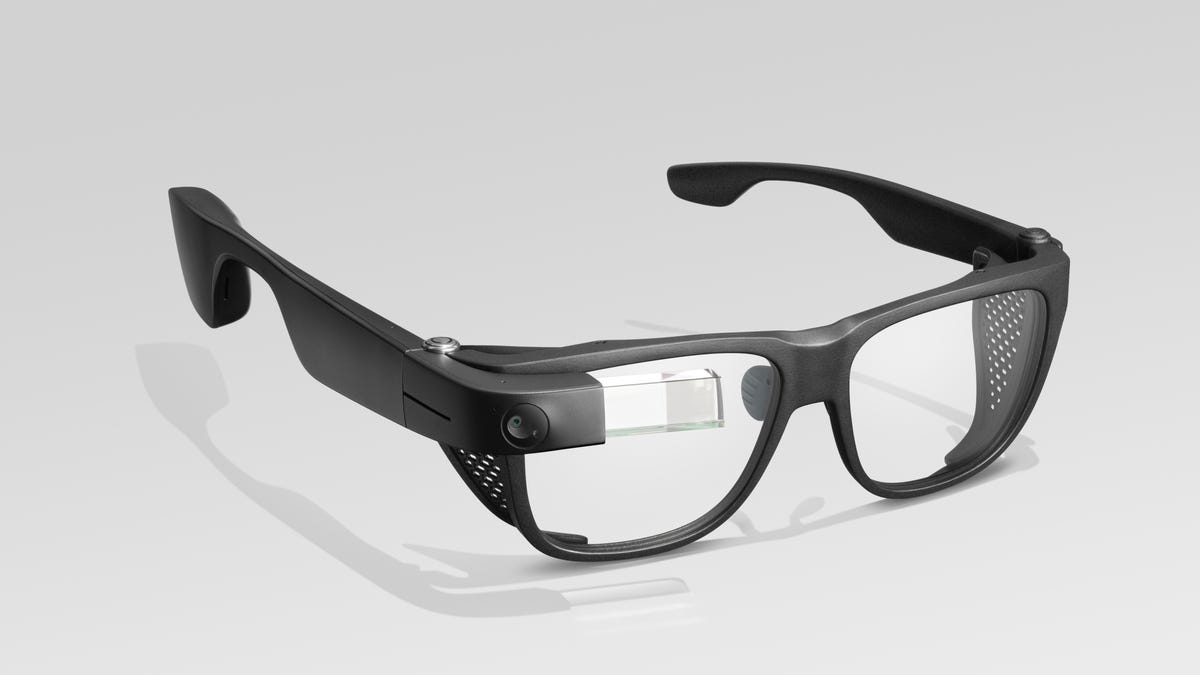
Before we can understand the significance of Google’s decision, let’s take a trip down memory lane. Augmented reality has been a topic of interest for tech companies for many years. The concept involves overlaying digital information onto the real world, creating an immersive and interactive experience. From gaming to industrial applications, AR has the potential to revolutionize various sectors.
The Rise and Fall of Google Glass
In 2012, Google made waves with the introduction of Google Glass, a wearable AR device. The world was captivated by the idea of having a hands-free camera-computer strapped to their heads. However, the initial excitement quickly turned into ridicule when early adopters, nicknamed “Glassholes,” became a laughingstock for their awkward behavior in public.
Google Takes a Step Back
Learning from the missteps of Google Glass, the tech giant decided to take a step back and reevaluate its approach to AR. Years of refinement and prototyping followed, as Google aimed to develop a product that would not repeat the mistakes of its predecessor.
Google’s New AR Glasses: A Fresh Start?
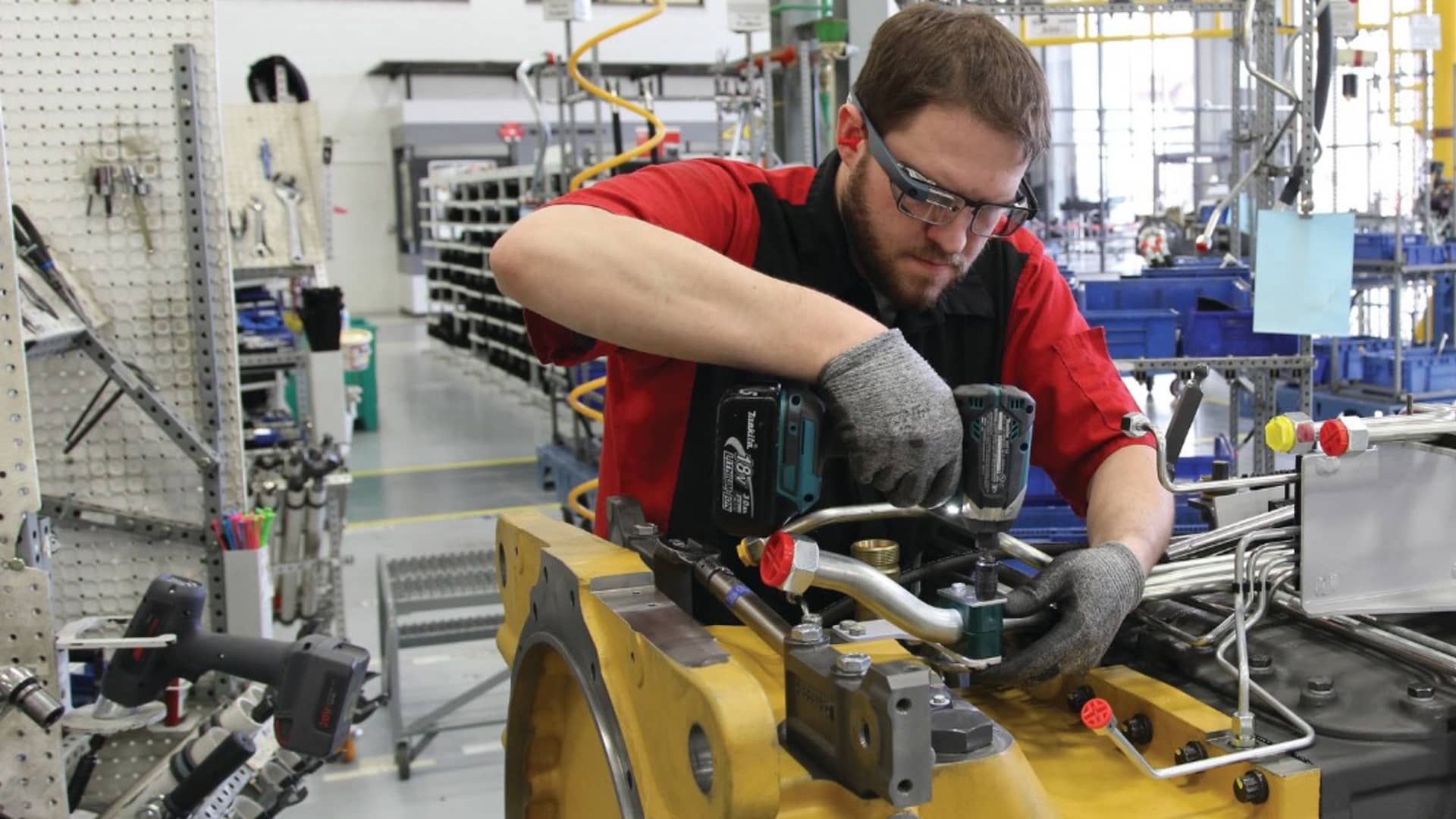
Last week, Google made an announcement that caught many by surprise. The company revealed that it would begin testing a new set of AR glasses equipped with cameras. However, Google was quick to address concerns about privacy and inappropriate use of the device.
Enhanced Privacy Measures
Unlike Google Glass, the new AR glasses will not support photography or videography. They are designed to collect visual data for specific use cases, such as translating menus or providing contextual information.
A Limited Testing Phase
To ensure responsible usage and gather valuable feedback, Google plans to start testing the AR glasses with a select group of individuals. The number of testers will be kept small initially, allowing Google to monitor potential issues and make improvements as necessary.
The Future of AR: A Collective Effort
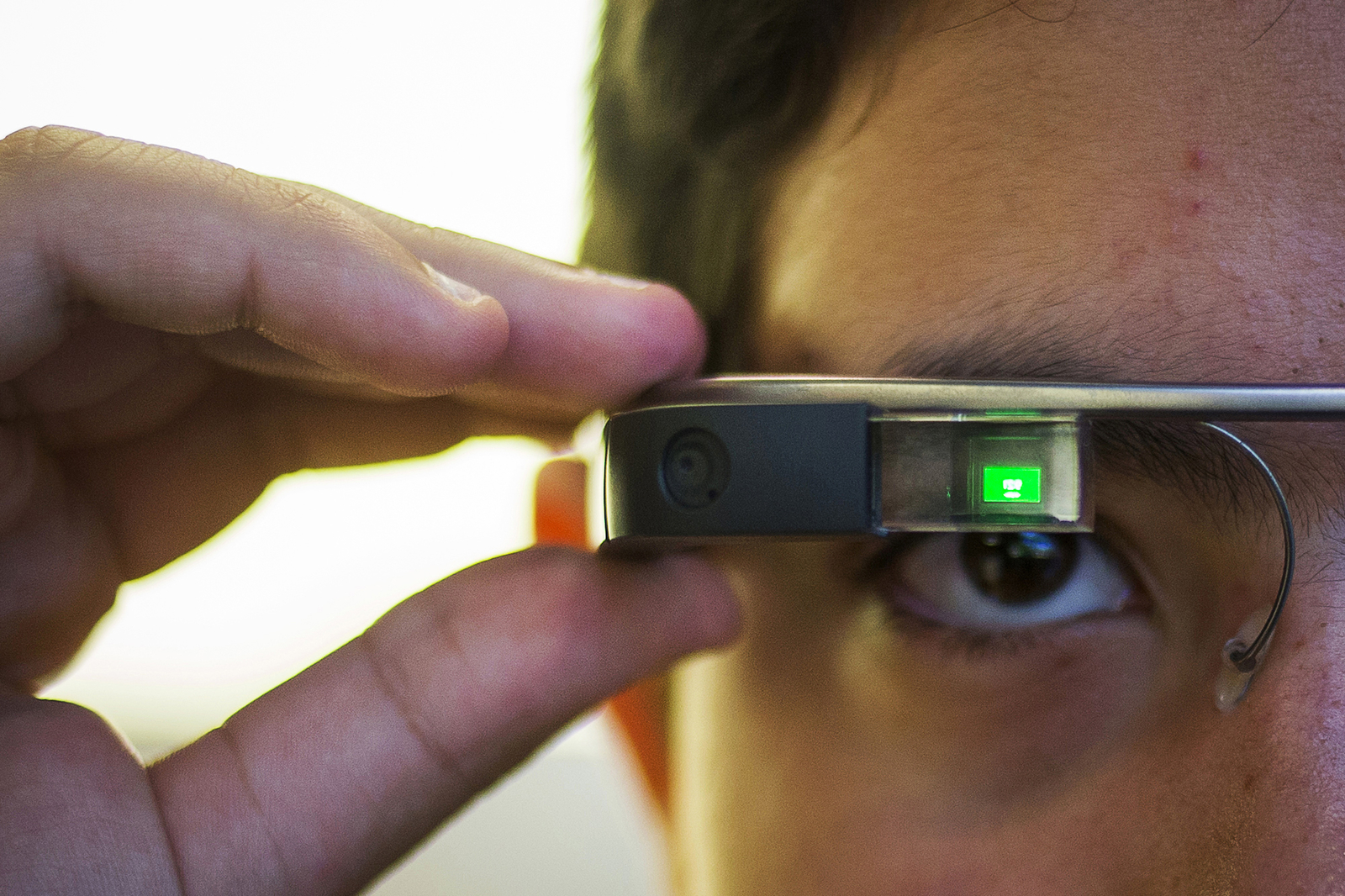
While Google’s decision to halt the production of augmented reality glasses may seem like a setback, it is important to remember that there are other major tech companies actively working on AR solutions. Apple, Microsoft, and others have their own AR projects in the pipeline, waiting for the right moment to enter the market.
A Decade of Preparation
The widespread adoption of smartphone cameras and the acceptance of capturing our surroundings in public spaces have prepared us for the next phase of AR technology. Mobile cameras have become an integral part of our lives, and the fear of capturing the presence of others has diminished over time.
The Evolution of Consumer Cameras
From point-and-shoots to drones, cameras have evolved and become more accessible. The advancements in livestreaming, instant video publishing, and drone technology have laid the groundwork for the acceptance of AR glasses equipped with cameras.
Conclusion
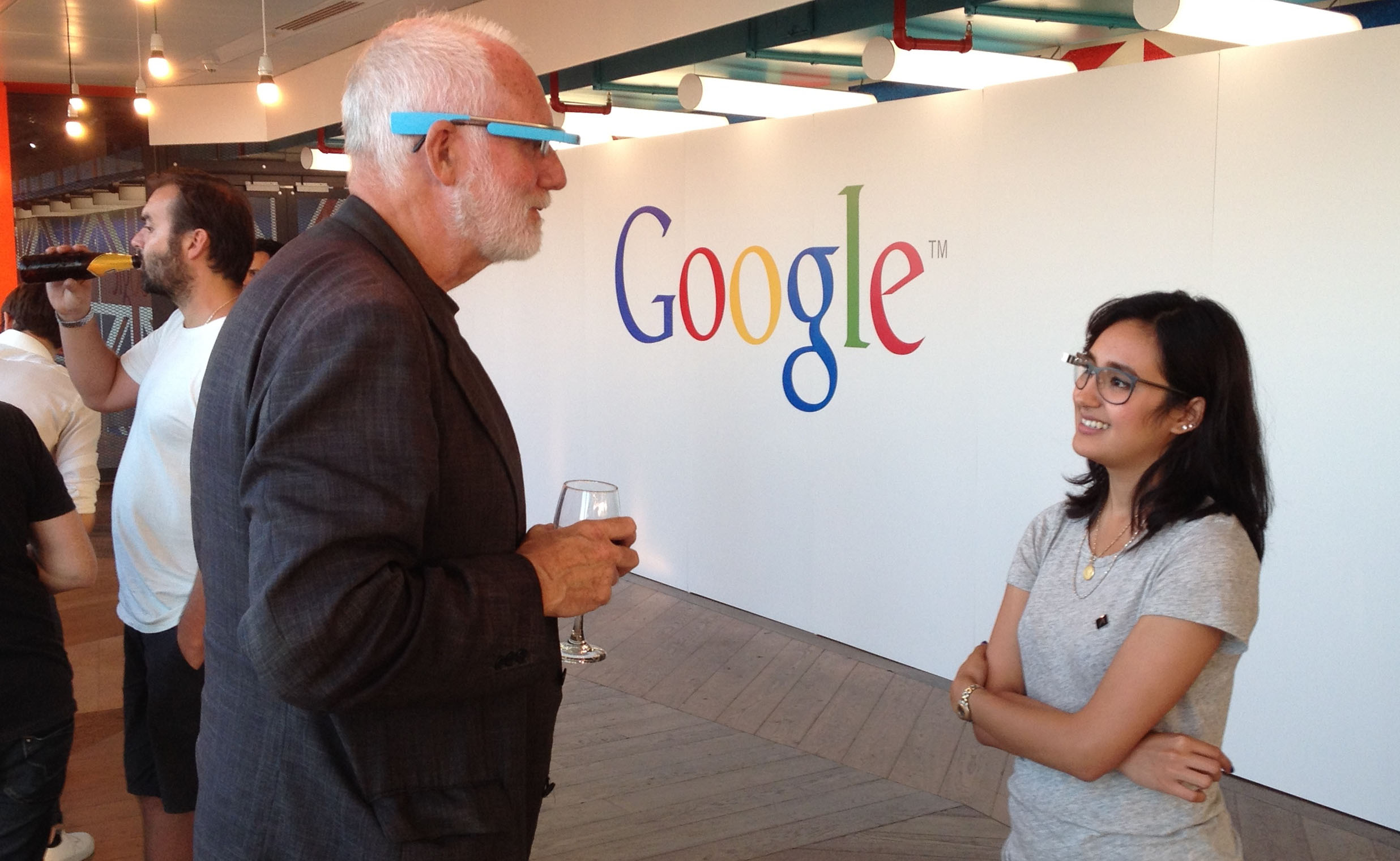
While Google’s decision to stop making augmented reality glasses may raise questions about the future of AR, it is not the end of the road for this transformative technology. The failure of Google Glass taught valuable lessons about responsible development and privacy concerns. As advancements continue, it is only a matter of time before AR glasses become a mainstream reality.
Frequently Asked Questions
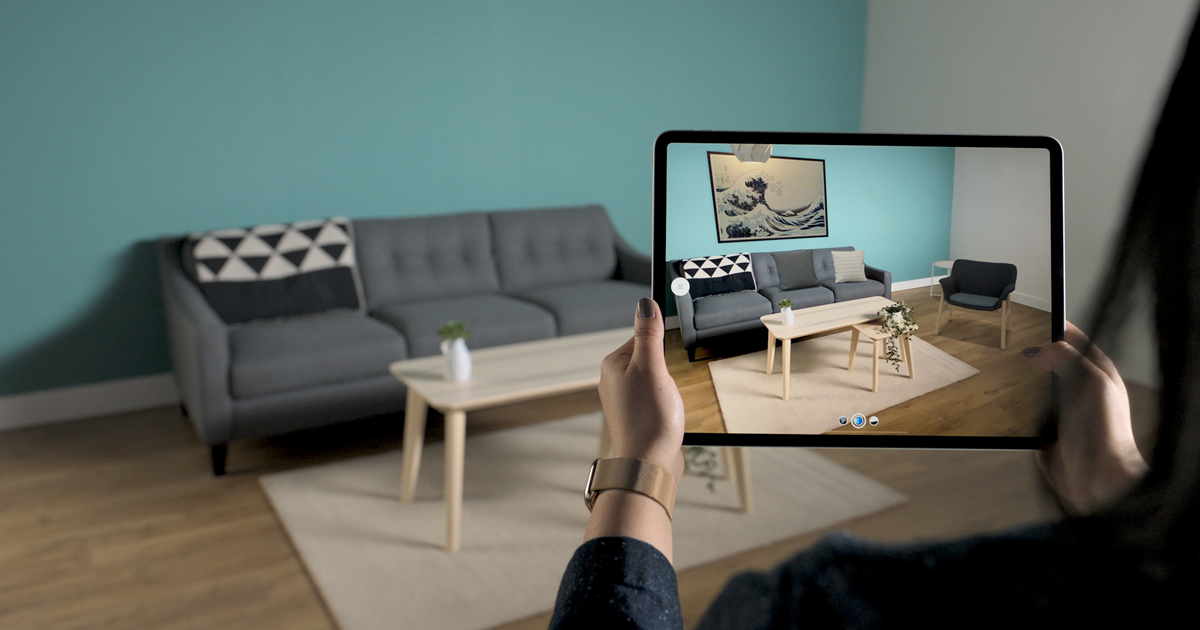
1. Will Google resume production of augmented reality glasses in the future?
While there are no official statements from Google about resuming production, the company’s ongoing testing indicates a continued interest in AR technology.
2. What are some potential applications of AR glasses?
AR glasses have the potential to revolutionize various industries, including gaming, education, healthcare, and entertainment. They can enhance learning experiences, provide immersive entertainment, and assist in complex tasks.
3. How can AR glasses improve our daily lives?
AR glasses can provide real-time information, improve navigation, and facilitate communication. From overlaying directions on the road to translating foreign languages on the go, AR glasses have the power to enhance our daily routines.
4. Will privacy concerns be adequately addressed with the new AR glasses?
Google has taken privacy concerns seriously and has implemented measures to prevent inappropriate use of the AR glasses. However, it is crucial for users to remain vigilant about their own privacy and use the technology responsibly.
5. When can we expect mainstream availability of AR glasses?
While it is challenging to pinpoint an exact timeline, technological advancements and market demand will likely drive the widespread availability of AR glasses in the near future.

